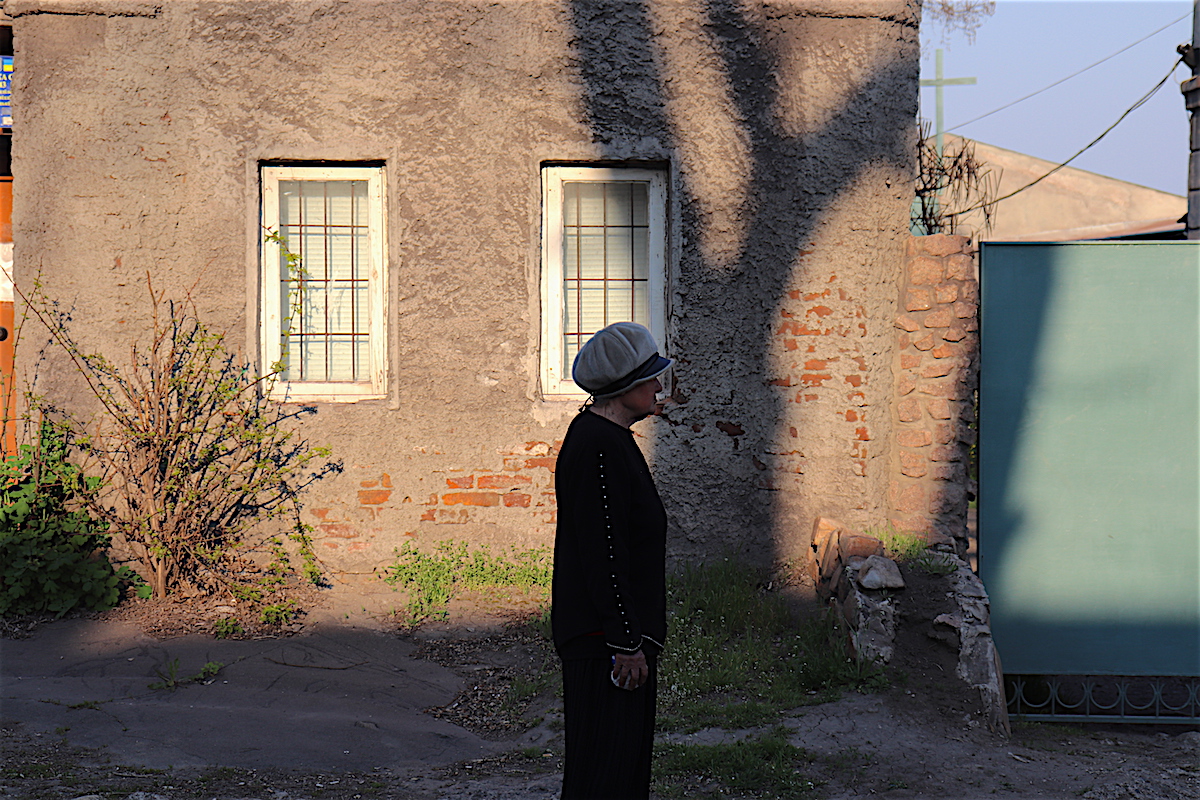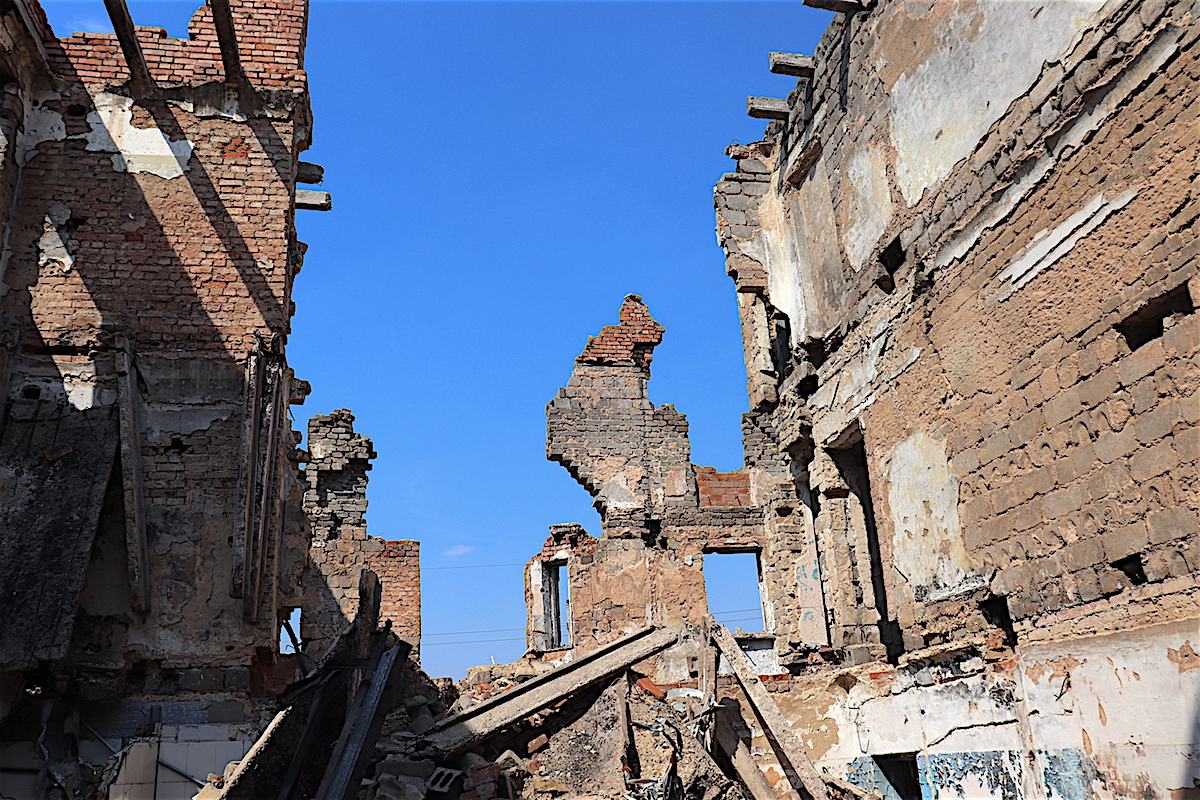Op-ed: Is Ukraine starting from a clean slate?
Uncertainty and high expectations – these are perhaps the best two terms to characterize the state of the Ukrainian public after the second round of presidential elections on 21 April, during which actor and showman Volodymyr Zelensky defeated incumbent Petro Poroshenko in taking three-quarters of the vote.
• Amber fever: how illegal night prospectors work in western Ukraine
• What will and won’t president elect Volodymyr Zelensky do for Ukraine?
Nobody, not even supporters of the winning candidate, really yet know what the first steps will be and in general what the policies of the new president will look like.
“It’s like a clean slate,” one Ukrainian journalist said in his description of Zelensky.
What he meant was that anyone who can influence the new head of state will be able to write down whatever he wants on this sheet.

It is already clear that although the former president acknowledged his defeat, he is not going to leave politics. Poroshenko is preparing to oppose the new government, and is quite successfully mobilizing his supporters for this.
At the parliamentary elections in the autumn of 2019, the political struggle in Ukraine is expected to be no less fierce.
On the evening of 22 April, Poroshenko’s supporters came out to the presidential administration building to thank him for what he had done. Surprisingly, it was clear that these were not servile state employees – these people were sincerely worried about the future of their country.
Those gathered expressed their concern that Poroshenko could better protect the national interests of Ukraine, fight Russian aggression and guarantee a course towards the European Union and NATO.
The campaign of the current president was built on a trinity of “Faith, Language and Army”.
He credited himself with the fact that it was with his participation that the Ukrainian Orthodox Church acquired the long-awaited Tomos – that is, recognition of its independence from the Moscow church.
Meanwhile in western Ukraine
Apparently, patriotic slogans and appeals to national values brought support to the president in the west of Ukraine, in Lviv, where national feelings are traditionally strong.
This was the only region where Poroshenko received more votes than his opponent Zelensky.
Immediately after the elections, the Ukrainian parliament adopted a bill which obliges all officials and all media to use the Ukrainian language and sets penalties for violations.
The public is clear about the reason behind the bill – a last ditch attempt to gain a little more power and influence for the outgoing officials. Supporters of the bill likely realized that the new president is unlikely to sign such a law, which is why they rushed to pass it.

In eastern Ukraine
However, in the east of Ukraine, patriotic rhetoric, and even more so the strengthening of the status of the Ukrainian language, is far from being perceived with enthusiasm.
In the second round, the majority of voters in the east, who in the first round voted for openly pro-Russian candidates, cast their ballots for Zelensky. In some areas, he took as much as 90 per cent of the vote.
The reason, locals say, is discontent with the current government, including the protracted war.
East meets west
In the run up to the elections, Ukraine was in a sticky situation – patriotic slogans were offered to people instead of resolutions to solve their social problems.
But besides language, faith and army building, as well as integration into NATO and the European Union, people are concerned about low salaries, disproportionately large utility bills, widespread corruption and other social issues that have not been resolved in the previous five years.
As a result, the protest vote in these elections united the west, east and almost all age and social groups.
Zelensky, in the most paradoxical way, united the most diverse people – from pro-Western youth, eager for change, to pensioners who are nostalgic for the USSR.
Servant of the People is the name of a satirical series in which Volodymyr Zelensky plays a teacher who unexpectedly becomes president. Now, the servant of the people will have a very difficult time, because he will not be able to satirize anyone anymore.
And there are a lot of people in Ukraine who are waiting for their lives to improve quickly. Their number is probably proportional to the result which Zelensky received in the elections – 75 per cent.




















